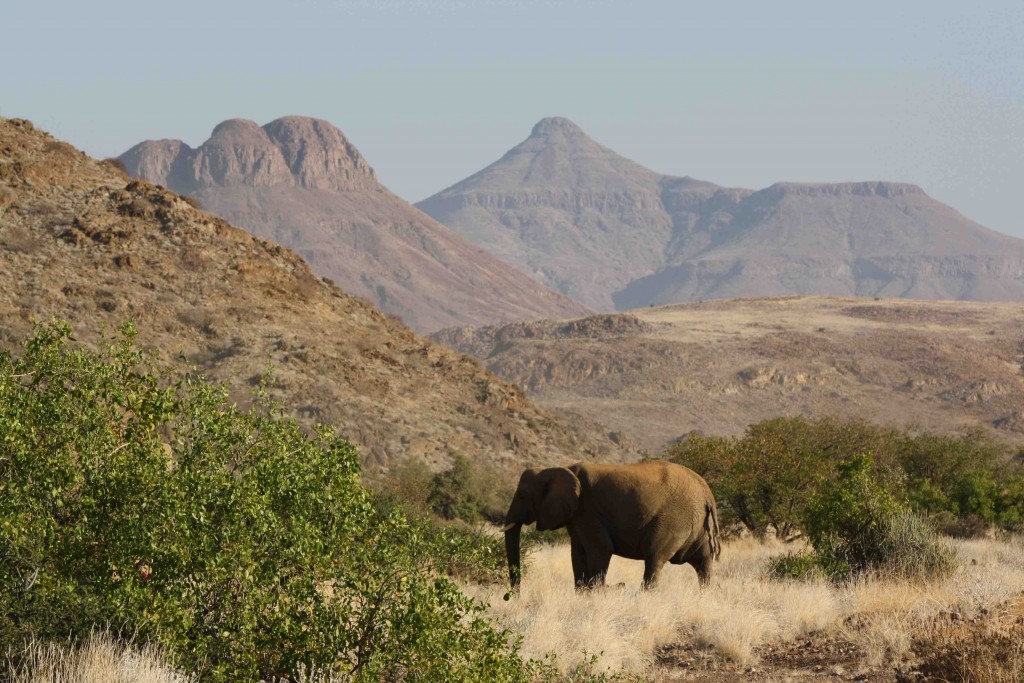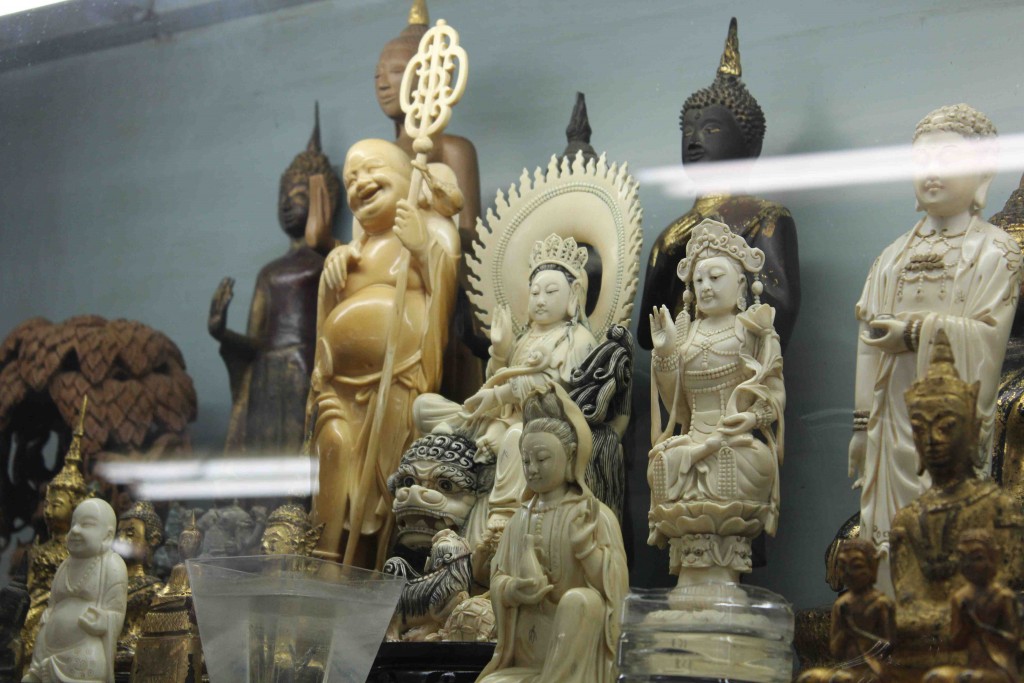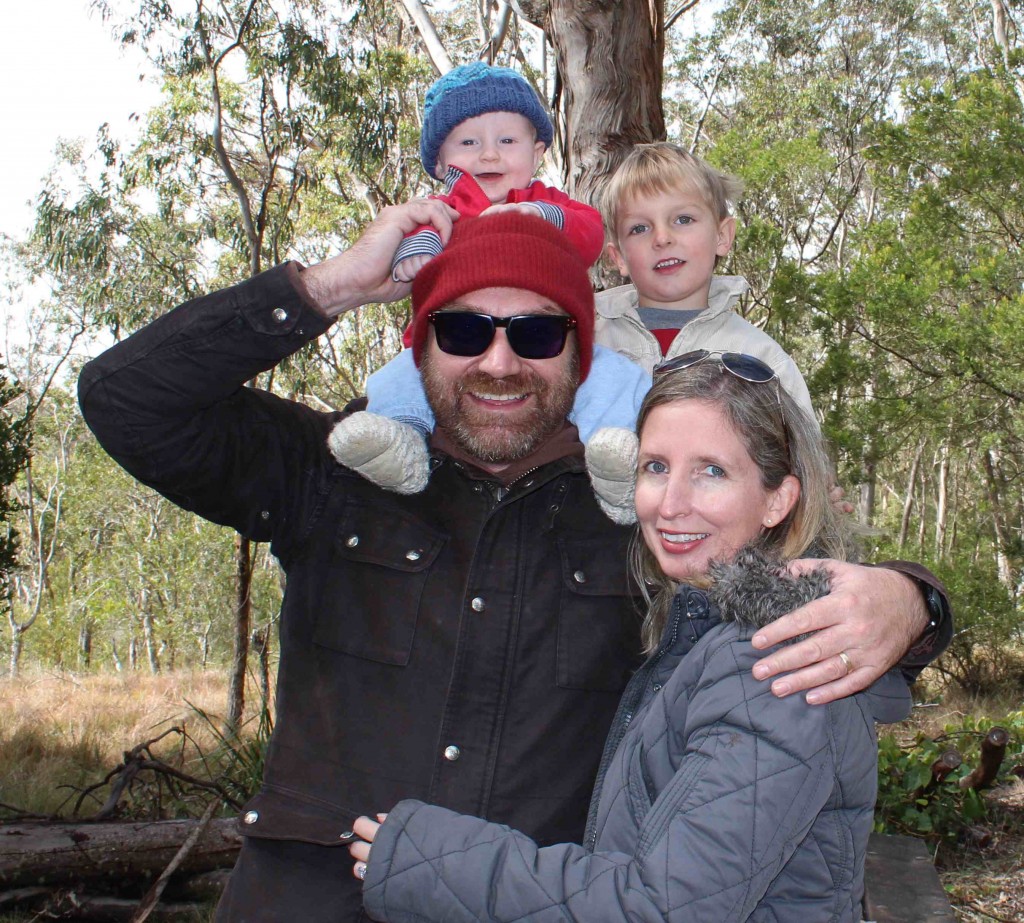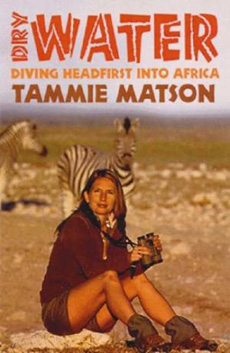Elephants, Safaris & More
First of all, just a quick reminder to book your spots on my 2016 safaris to Namibia and Zimbabwe if you haven’t already. I have very limited spots on these safaris, and they need to be booked a year in advance. For all the details of both safaris, please click here. Both are safaris that really make a difference in conservation and community development. In the Zimbabwean conservation safari in July 2016, you get to track rhinos with the pros, hang out with wild dog and hippos conservationists, and experience the amazing Hwange National Park, known for its large elephant concentrations & much more, and Victoria Falls. In the Namibian conservation safari, we’ll be visiting the north west of the country, focusing on the Skeleton Coast, spending time with desert elephants and the traditional Himba people. I can tell you from personal experience, both trips are mind blowing and life changing and the camps are as good as you’ll get in Africa!
Secondly, you may have heard that both China and Thailand are making some progress on clamping down on the illegal ivory trade. We’ve seen Thailand enforce a new law, the Elephant Ivory Act, which requires that all ivory be registered by the authorities by 21 April 2015 or face a penalty of 3 years in prison and/or a large fine. Some media sources are reporting that as a result the number of ivory traders has dropped markedly, as so many of them were unable to verify the origin of their ivory. I haven’t been able to independently verify this myself, and I believe there continues to be a major need for demand reduction in this country. Thailand has also instigated forensic technology to identify the source of ivory (Asian vs African) and will help police the trade.
China recently banned ivory carvings for a year, around the time of Prince William’s visit to Beijing, however this represents only a small amount of the ivory in circulation, and it’s really nowhere near enough to stop the problem. There’s a good article on this if you’re interested in learning more – click here. Prince William has become an outstanding advocate for stopping the demand for ivory and rhino horn and continues to speak out and use his influence for the cause. Check out his speech given recently in China by clicking here. But it’s going to take a lot more than is currently being done to reduce demand in China, the country most heavily driving the illegal ivory trade.
I’ve been working hard with the Let Elephants Be Elephants team this year to focus our awareness-raising efforts on Thailand this year – so watch this space for more information, coming up soon!
Finally, after a few lovely months back on home turf in Queensland, Australia, our family is relocating again, this time to Amsterdam in the Netherlands where my husband Andy is taking up an exciting new job in the environment movement. I’ll continue to update you on all things elephants and African safaris from my new base there.





